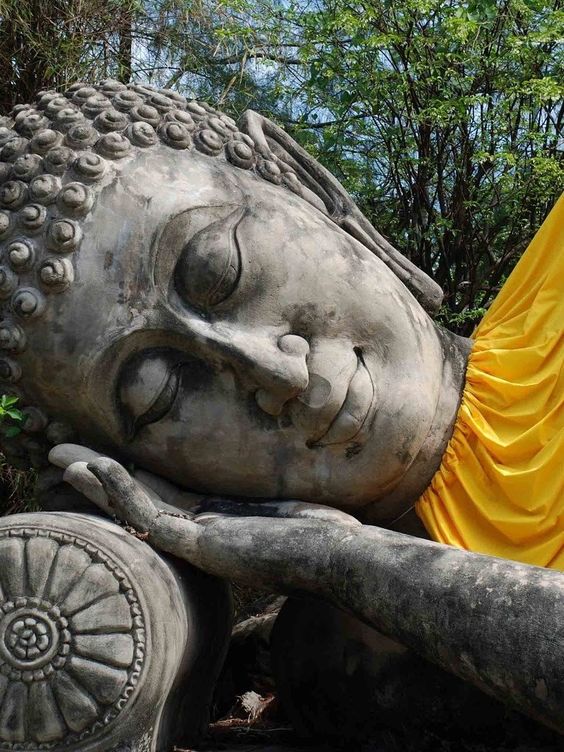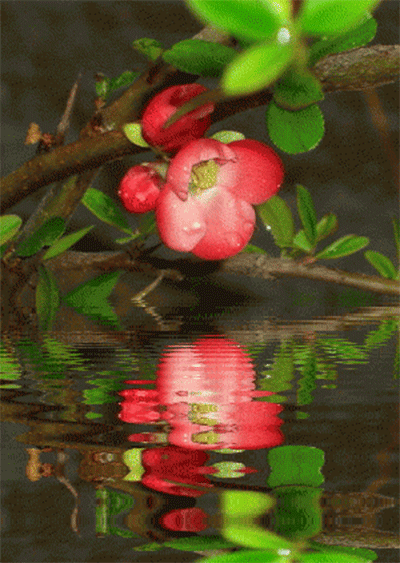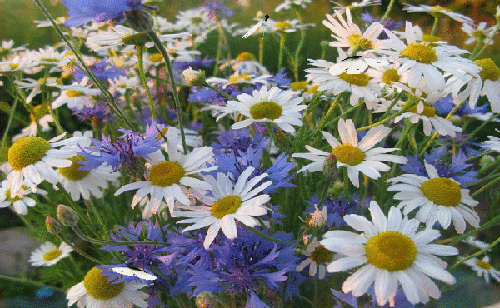
Once upon a time, the Enlightenment Being was born as the son of the King and Queen of Benares. On the day of his naming, 800 fortune tellers were invited to the palace. As presents, they were given whatever they desired to make them happy for the moment. Then they were asked to tell the fortune of the newborn prince. This was so they could find a good name for him.
One of the fortune tellers was an expert in reading the marks on the body. He said, “My lord, this is a being of great merit. He will be king after you.”
The fortune tellers were very clever. They told the king and queen whatever they wanted to hear. They said, “Your son will be skilled in five weapons. He will become famous as the greatest master of all five weapons throughout India.” Based on this, the king and queen named their son ‘Prince Five-Weapons’.
When the prince turned 16, the king decided to send him to college. He said, “Go, my son, to the city of Takkasila. There you will find a world famous teacher. Learn all you can from him. Give him this money as payment.” He gave him a thousand gold coins and sent him on his way.
The prince went to the world famous teacher of Takkasila. He studied very hard and became his best pupil. When the teacher had taught him all he knew, he gave the prince a special graduation award. He gave him five weapons. Then he sent him back to Benares. Continue reading →

















